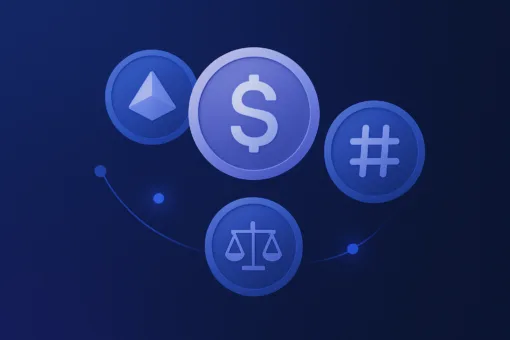Leading digital assets exchange, Gemini, has broadened its portfolio of tokenized stocks for investors in the European Union. By doing so, it has taken a significant stride towards integrating traditional finance (TradFi) with decentralised finance (DeFi). This move, announced on July 3, 2025, opens up noteworthy U.S. equities such as Tesla and NVIDIA to EU investors.
Tokenised stocks represent a revolutionary shift in financial markets. By turning traditional equities into digital tokens, they provide a bridge between TradFi and DeFi. Investors can buy fractional shares of these equities, bypassing the need to purchase whole shares. Moreover, it enables 24/7 trading, breaking free from the shackles of traditional trading hours.
With this launch, Gemini is not only democratising access to U.S. equities but also introducing the European market to the benefits of DeFi. Tokenised stocks maintain the same economic exposure and benefits as traditional shares. However, they also provide the added advantage of blockchain technology’s transparency, security, and accessibility.
Significance of Gemini’s Expansion
This expansion by Gemini holds substantial significance for EU investors. Until now, access to U.S. equities was a hurdle for many due to high minimum investment requirements and limited trading hours. However, with the introduction of tokenised stocks, these restrictions are no longer an obstacle. Furthermore, tokenised stocks offer the potential for increased liquidity due to their ability to be traded at any time.
The move also signifies a major milestone for Gemini in its mission to merge TradFi and DeFi. The platform’s success in this endeavour could herald a new era in finance, where the benefits of blockchain technology are fully integrated with traditional financial structures. It could pave the way for a more inclusive, secure, and transparent financial ecosystem.
Ultimately, this development is a win-win for both investors and the broader financial industry. For investors, it opens up new avenues for portfolio diversification and increased access to U.S. equities. For the financial industry, it represents a significant step towards the integration of blockchain technology, potentially revolutionising the way we trade and invest.














